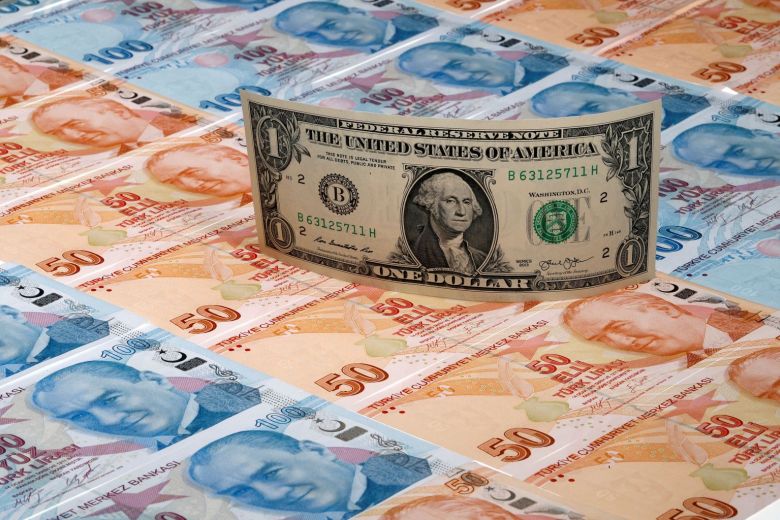(Bloomberg) — It’s not who wins the electoral sweepstakes in Istanbul this Sunday that could dictate the market’s mood for months to come.
Anything but another divisive photo finish would put investors at ease, according to some of Europe’s biggest money managers. The mayoral rerun once again pits a former prime minister and candidate of the ruling AK Party, Binali Yildirim, against the opposition challenger Ekrem Imamoglu, who was stripped of his narrow victory in the March 31 ballot.
A victory of less than 1 to 2 percentage points by the ruling party or the opposition “will raise some questions about the legitimacy of the winning candidate,” according to Anastasia Levashova, a fund manager at Blackfriars Asset Management in London.
At stake is more than control over Turkey’s biggest city after 25 years of rule by President Recep Tayyip Erdogan’s party and its predecessor. What the market craves is a break from the never-ending electoral cycle that could finally shift the focus to economic reforms.
“The outcome of this round is less important than what follows it,” said Viktor Szabo, investment director at Aberdeen Asset Management in London who helps oversee $14 billion in emerging market debt. “It’s not really possible to foresee what election outcome would lead to which policy path. All I know is the current policies are not sustainable.”
A result that’s too close to call threatens more legal challenges in the aftermath, further undermining the market’s confidence just as geopolitical risks mount and Turkey tries to avoid a double-dip recession.
The lira weakened as much as 1.1% to 5.8260 against the dollar on Friday, poised for its first loss in four days. The benchmark Borsa Istanbul 100 Index fell 1.2%, led by declines in the nation’s largest listed banks, Turkiye Garanti Bankasi AS and Akbank TAS.
Although unemployment has stabilized, the economy remains in distress. Monthly industrial production fell for the first time this year in April on a seasonally adjusted basis. The number of homes sold in May dropped the most on record.
“In case of an AKP win, if the margin is small, it might raise questions and will require the AKP to convince voters of the credibility of this result, which means they will be paying less attention to the economy, which is now the top priority,” Levashova said.
Imamoglu won in March by a margin of about 14,000 votes in a city of more than 10 million voters. The result was thrown out and a do-over ordered after the ruling party claimed fraud.
Back in March, with no other ballot scheduled in Turkey for four years, investors looked forward to the end of the election season so the government could turn to the task of fixing the economy following a currency crash last summer.
More turmoil followed instead, with authorities resorting to policies that were little more than stopgap measures. The lira is the worst performer in emerging markets since the March vote.
The government has had to rely on a spending spree and lending by state banks to tide over the economy suffering its first recession in a decade. Currency weakness and a runup in food costs meant that interest rates stayed high as inflation hovers at more than triple the target of 5%.
Erdogan already suggested he’s running out of patience with the central bank, saying on Thursday that it needs to reverse current policy and borrowing costs must come down.
To stem a run on the lira without resorting to a rate increase before March elections, authorities made it harder for foreign investors to access lira funding. Since the squeeze, foreign investors have withdrawn close to $2 billion from Turkish capital markets.
“If the AKP won by a large margin, I think most people would accept the outcome as it would be virtually impossible to ‘swing’ the result to this extent,” said Nigel Rendell, a London-based senior analyst at Medley Global Advisors. “The best outcome would be an increased victory for the opposition candidate, with the AKP swiftly conceding defeat.”



